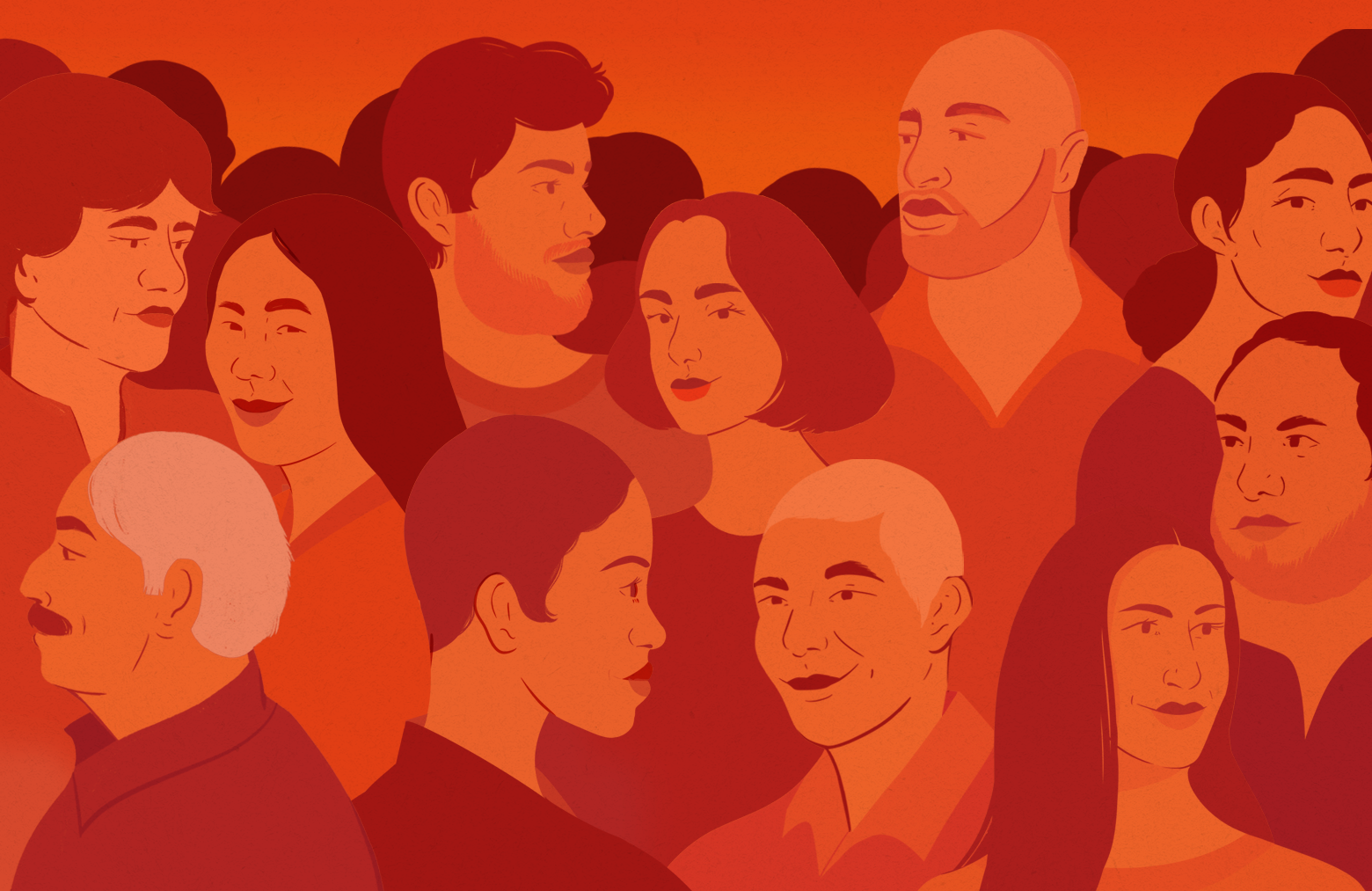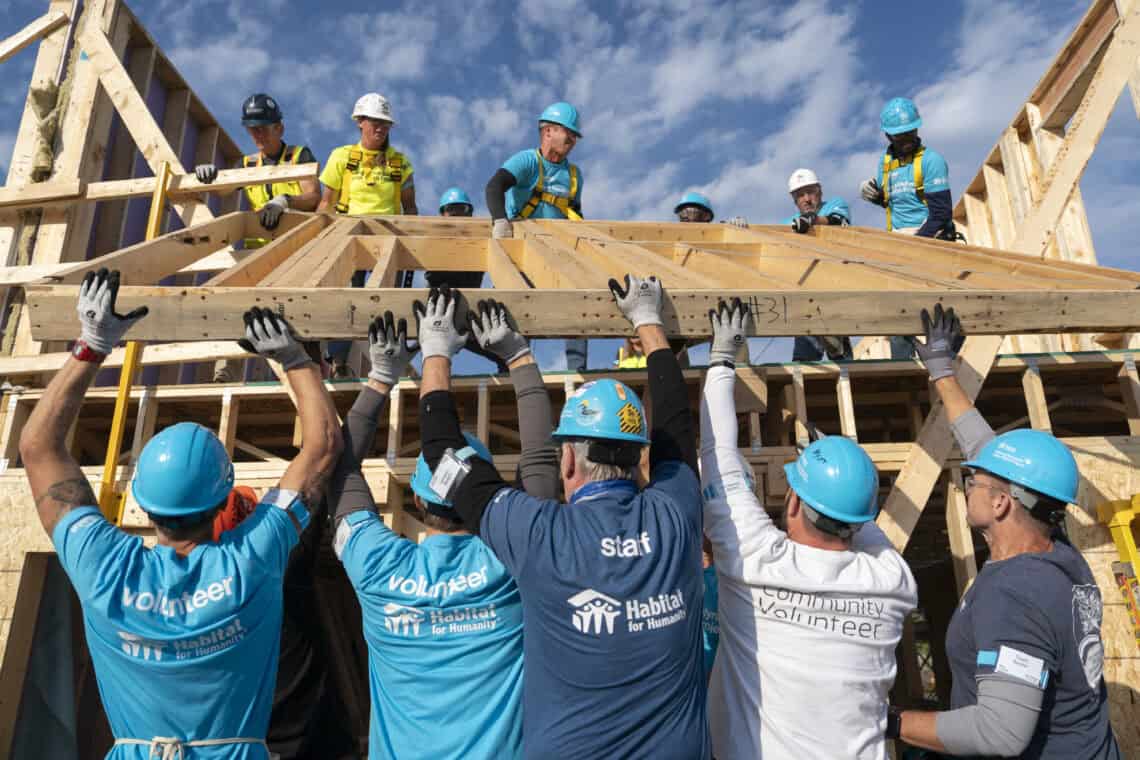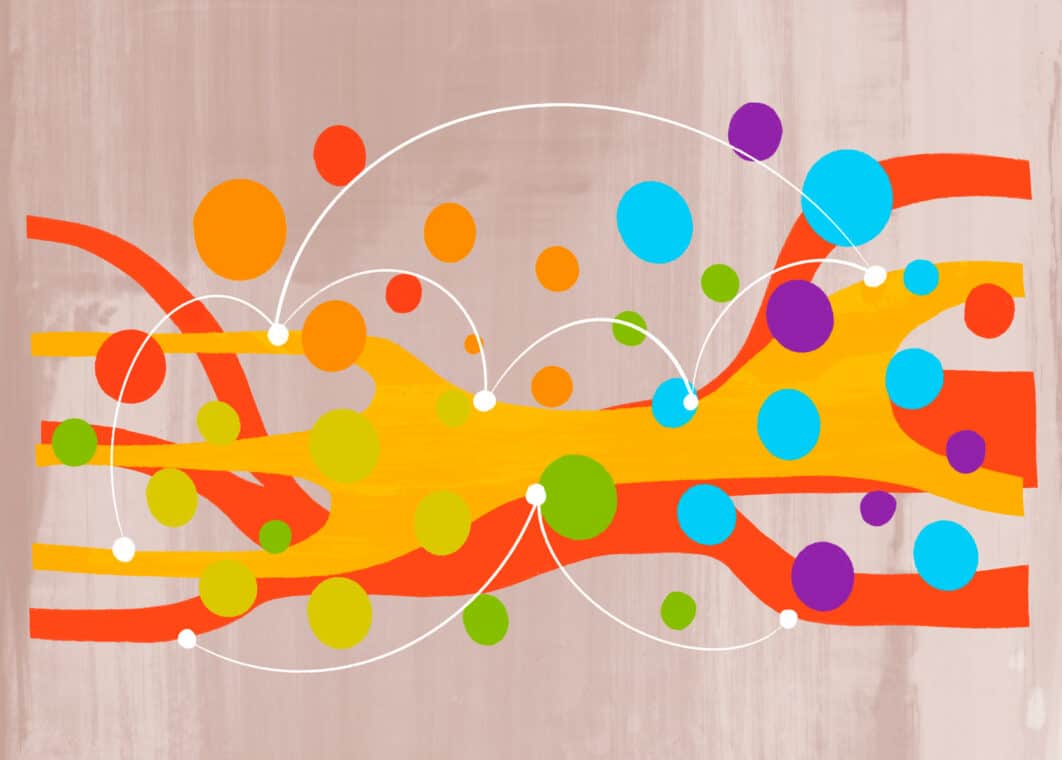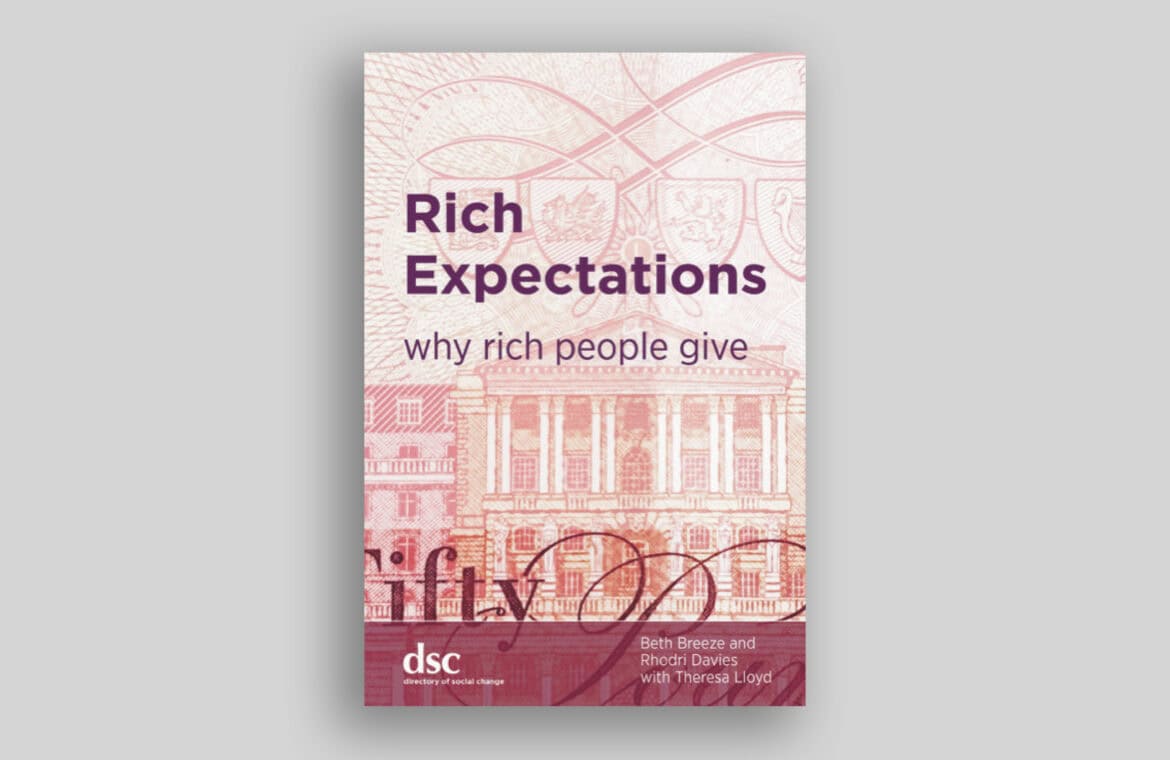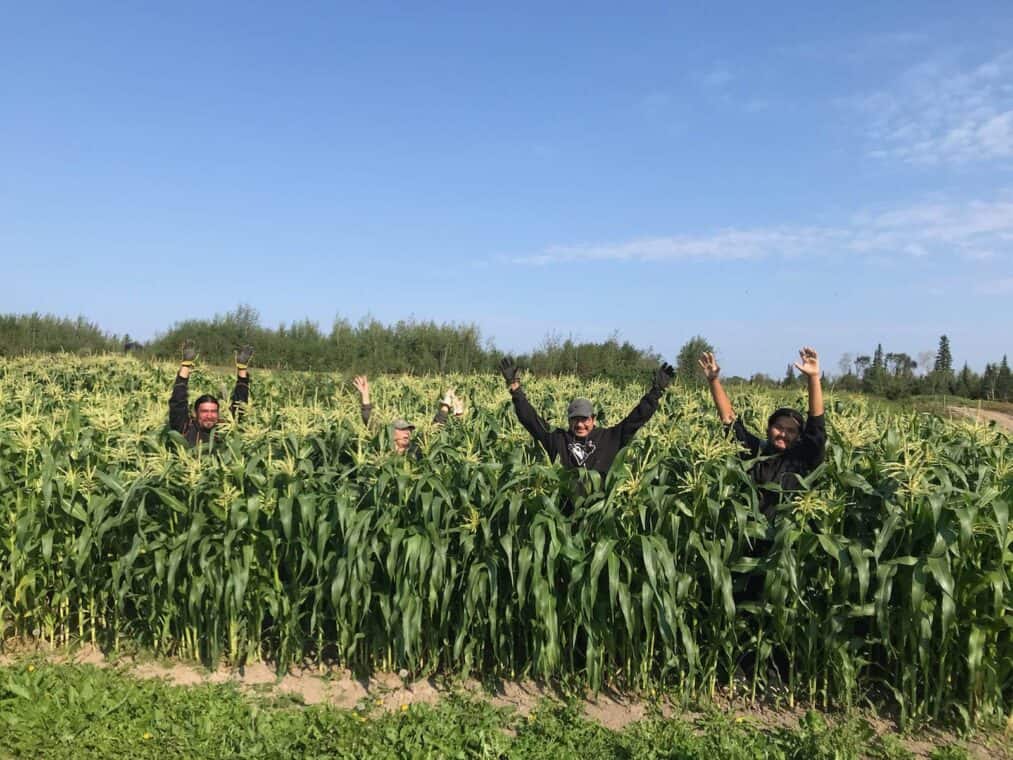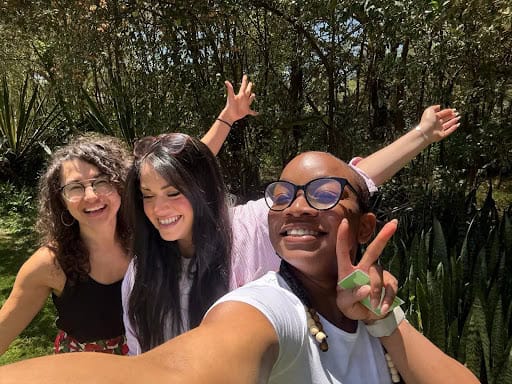Stopping the funding rollercoaster for feminist and 2SLGBTQIA+ organizations
A projected 80% decrease in Women and Gender Equality Canada (WAGE) funding ahead of the federal budget highlighted a level of precariousness that feminist and 2SLGBTQIA+ organizations and activists have been calling attention to for decades.
Lessons learned through local economic development
In response to funding trends and increasing service demands, some community organizations, including United Way Centraide, are shifting from traditional funding models to community investment strategies. President and CEO Dan Clement shares three case studies that highlight how it works.
Avoiding founder’s syndrome through good governance
A strong, engaged board is one of the most effective mechanisms for ensuring that founder control doesn’t supersede an organization’s needs and objectives, Susanna Kislenko and Cathy Barr write. They share some key strategies and a new guide for founder-led organizations.
Building trust in an age of cynicism: Seven key principles in development and alumni relations
Organizations that are the most successful in fundraising and community engagement are grounded in fundamental principles that guide their actions and decisions, Rob Donelson writes.
Featured
Analysis
Aging and re-engaging: Volunteer participation post-pandemic
Contributor Yvonne Rodney looks at how organizations are responding to the aging factor in volunteerism and what they’re doing to encourage volunteers to engage and re-engage.
How data is helping experts navigate the non-profit sector’s capacity and funding issues
Charities and non-profits are struggling with a “trilemma”: rising demand for their services, financial instability, and workforce precarity. Here are the problems and solutions, according to the data.
Philanthropy and Funding
Why do rich people give?
What do we really know about ultra-wealthy donors? A new book reports the results of a third major survey of wealthy UK donors and will be of interest to anyone wanting to understand the motivations, fears, and expectations of their potential donors.
Canada’s global influence in a turbulent and uncertain world
While civil society and international cooperation face existential challenges, organizers of the Cooperation Canada Leaders’ Forum see an opportunity to revive hope through unity, solidarity, and collective action in resisting authoritarianism and advancing human rights.
Case Studies & Guides
Northern Manitoba shows philanthropy how to move from transaction to transformation
The lessons emerging from the work of the Northern Manitoba Food, Culture, and Community Collaborative – about collaboration, relationships, and learning to be a good helper – “can and should be adopted by all of philanthropy.”
Building communities where youth can step into the spaces where they belong
The Kickback Foundation’s vision is to create worlds and opportunities where kids have the space and support they need to explore their own journeys and define themselves – using sneakers as a magnet.
Decolonization and Reconciliation
The power of unrestricted support: A story of Indigenous strength and sovereignty
At the 25th International Funders for Indigenous Peoples Global Conference in Kenya, one theme stood out, Rachael Sonola writes: Indigenous sovereignty is not just about land or governance; it is about the power to decide, to shape, and to thrive on our own terms.
Ellen Gabriel: 35 years after the so-called Oka Crisis
More than three decades after the Mohawk Resistance at Kanesatake, the activist, artist, and filmmaker who was on the front lines doesn’t see much progress in Canada’s treatment of Indigenous Peoples. She hopes her new book will help educate Canadians.
Series on Work in Progress
Volunteerism: In crisis or at a crossroads?
With volunteering in Canada in decline, contributor Yvonne Rodney looks at the data and talks to sector leaders to ponder the way forward. The solution, she writes, includes acknowledging the impact of the pandemic, understanding generational differences, and convincing funders to do more to help organizations.
The decision to step down: Reflections from four foundation leaders
When long-serving leaders leave their roles, what can we learn from them that will help our sector traverse the challenging times ahead?
Building a sense of belonging and connection at work in the hybrid era
With remote and hybrid work the new norm post-pandemic, non-profits are tailoring strategies to ensure that employees feel heard, seen, and valued – and have discovered that there’s no one-size-fits-all approach.
Subscribe
Canadian non-profit sector news, in your inbox
Never miss news and analysis by and for the Canadian non-profit sector
Most Popular
Analysis
Overworked, overlooked, and underpaid: How women are addressing sexism in the philanthropic sector
Women working in the charitable and non-profit sector are making sacrifices and building strategies to secure leadership positions despite barriers – or leaving altogether.
Independent journalism and philanthropy are coming to a realization: they need each other
While the relationship between philanthropy and community journalism is still nascent in Canada compared to some other countries, the value of local news – and the need to support it – is being increasingly recognized by the sector.
Unpacking DAFs, the fastest-growing way to give in Canada
Donor-advised funds are gaining traction – and are also at the heart of a complicated debate.
How philanthropy can help Canada build its way out of a housing shortage
Through funding and advocating for policy changes, foundations and philanthropic organizations have a significant role to play in tackling Canada’s housing crisis, contributor Toula Drimonis writes.
More articles From the Archives
A short history of voluntary sector–government relations in Canada (revisited)
The original version of this story, published in 2007, is one of The Philanthropist Journal’s most popular pieces of all time. In this updated version, Peter Elson and Peyton Carmichael expand on that detailed (and not so short) history.
Charities and the rule against perpetuities
Charitable status is a legally privileged status. The law in numerous ways, ranging from the trivial to the noteworthy, confers legal advantages upon charities. These legal advantages are often misunderstood.
‘We don’t have a word for philanthropy’
What do Indigenous Peoples mean when they talk about Indigenous philanthropy? Miles Morrisseau put this question and others to Indigenous people who are leaders in the philanthropic sector.
Strategies for a caring society
This article was developed from a paper presented at Investigating in the Whole Community: Strategies for a Caring Society, a conference organized by the Trillium
Featured Contributors
-
Angela Long
Angela Long is a freelance writer currently working on a book about rural journalism in Canada.

-
Yvonne Rodney
Yvonne Rodney is a Toronto author, career consultant, speaker, and non-profit worker with extensive experience in career development. She is the author of Moving On: A Quick Guide for Non-Profit Workers and Military to Civilian Employment: A Career Practitioner’s Guide.

-
Christina Palassio
Christina Palassio is a non-profit communications professional and freelance writer. When she tweets, she does so at @mcpalassio.

-
Tim Harper
Tim Harper is a Toronto-based writer. He is a former Washington correspondent and national affairs columnist with the Toronto Star.

- All Featured Contributors
